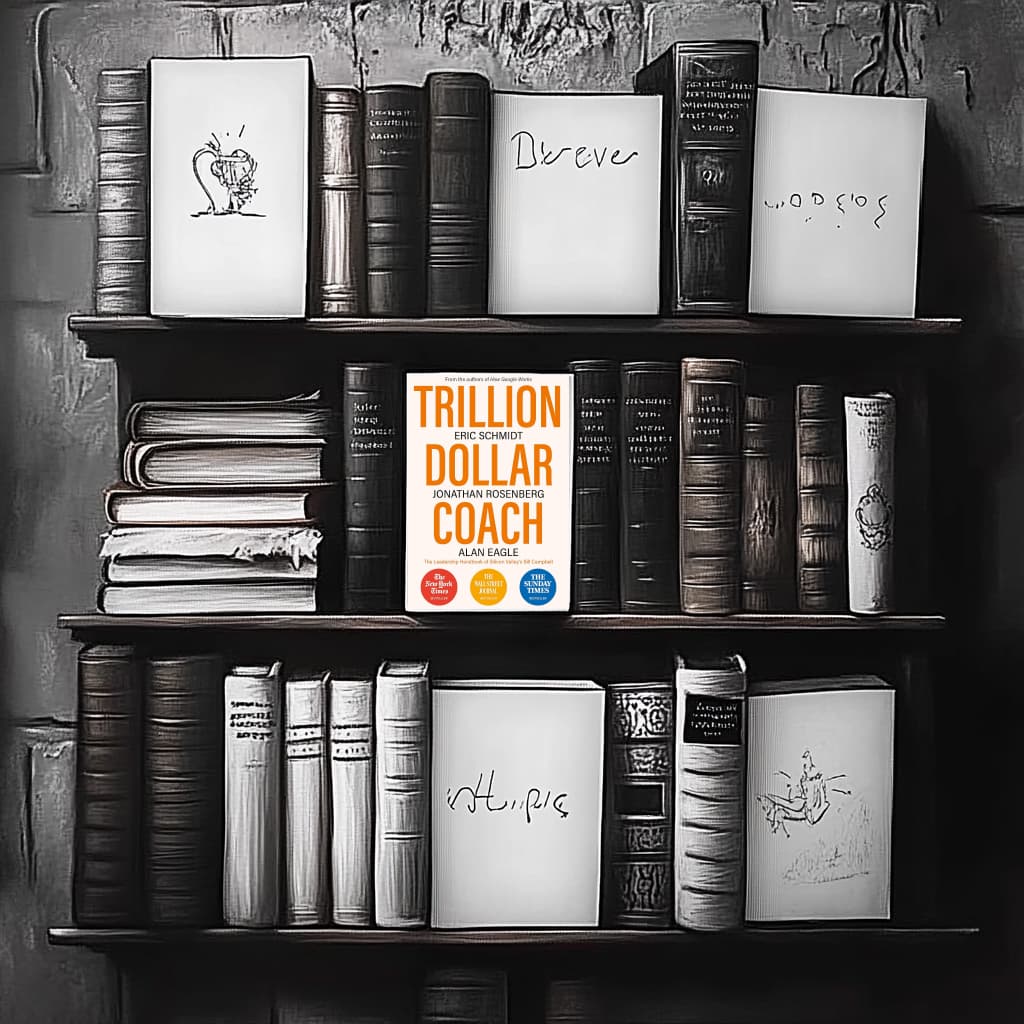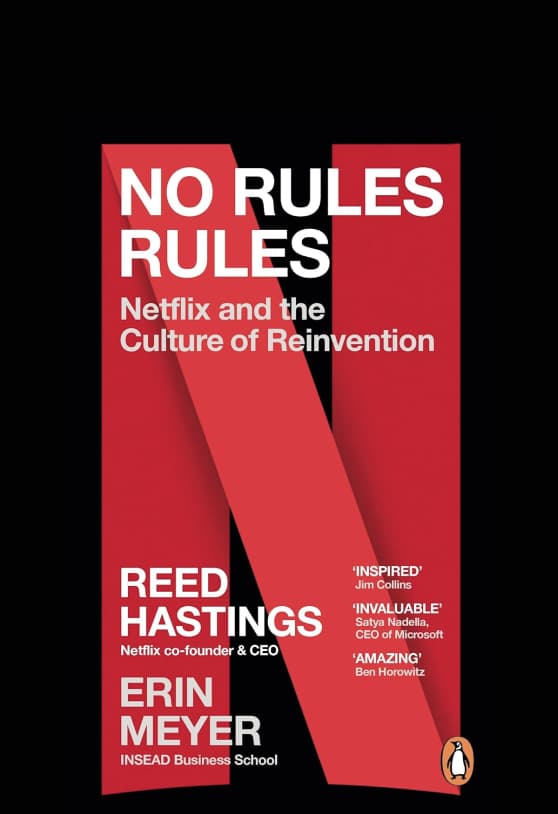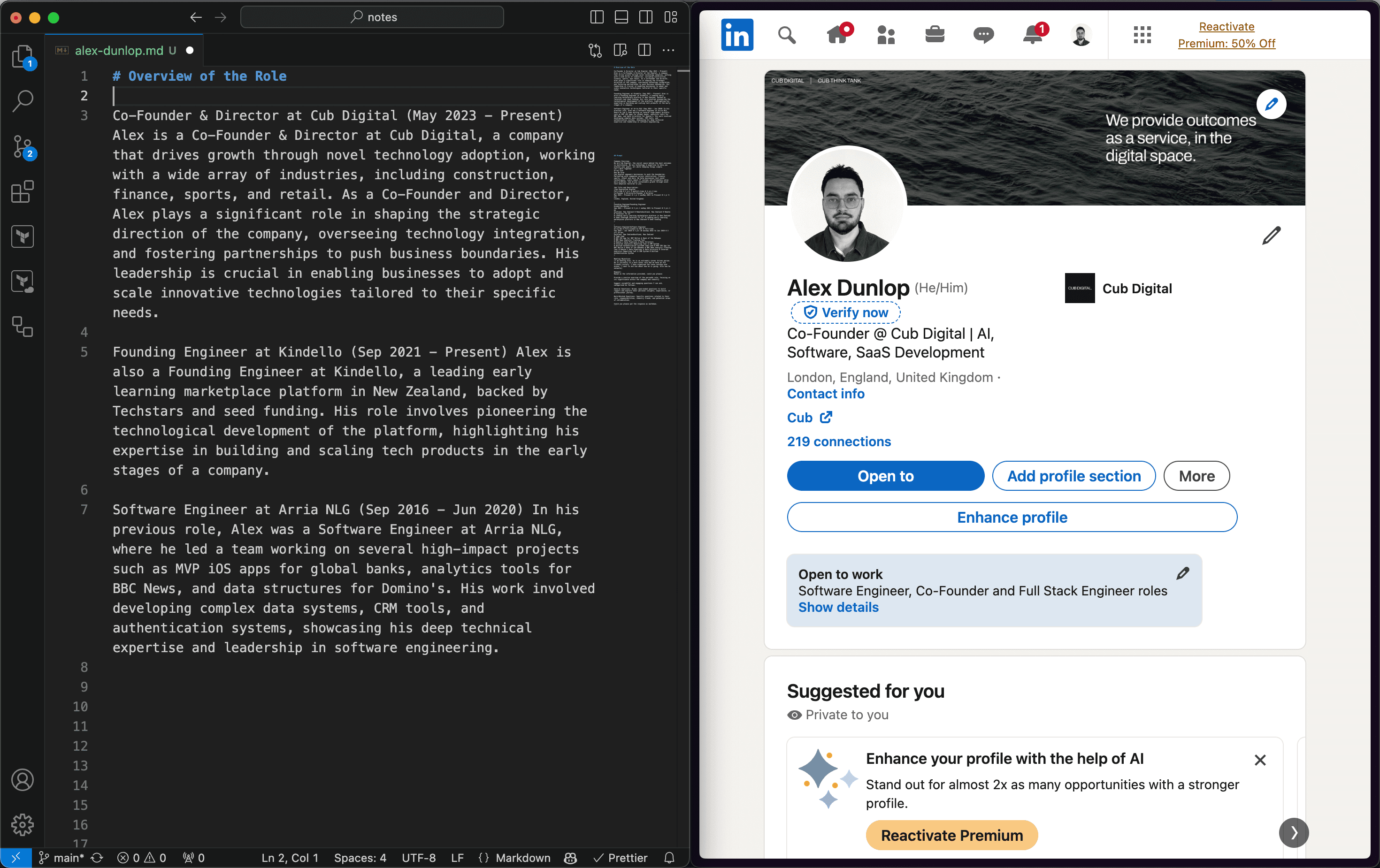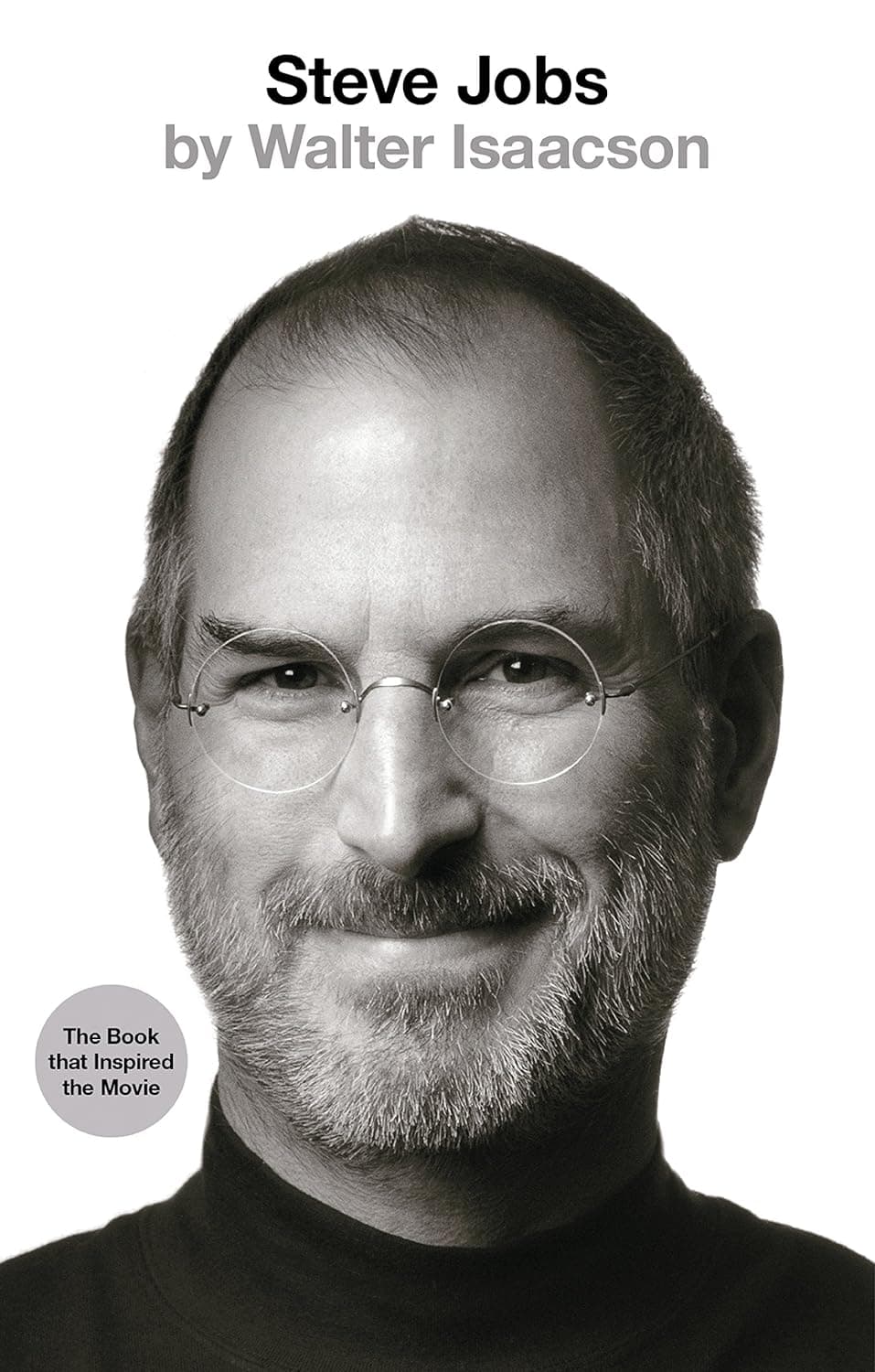Competition is for Losers
GET THE #1 EMAIL FOR EXECUTIVES
Subscribe to get the weekly email newsletter loved by 1000+ executives. It's FREE!
This lecture is given by Peter Thiel in which he discusses the nature of competition and monopoly in business, particularly in startups and technology companies. Thiel argues that the goal for entrepreneurs should not be to engage in intense competition but rather to aim for monopoly, where the company dominates a particular market.
Creating Value and capturing a portion of that value
He proposes that creating a valuable company requires not only creating value (X) but also capturing a portion of that value (Y), and these two factors (X and Y) are independent variables. Thiel suggests that many businesses fail to capture the value they create, which is particularly true in the fields of science and certain technology sectors.
Start with small market and then dominate
Throughout the talk, Thiel emphasizes the importance of starting with a small market that you can dominate and then expanding concentrically. He points out that many successful companies, like Amazon, eBay, and PayPal, started with small, niche markets before growing.
Try to be the last mover
Thiel also discusses the characteristics of monopolistic businesses, such as having proprietary technology, network effects, economies of scale, and strong branding. He stresses the concept of being the last mover—meaning creating a business that will last and continue to dominate in the future—over the first mover, which often gets more attention.
This is interesting, he critiques the startup methodology and customer feedback?
Moreover, Thiel critiques the lean startup methodology, questioning whether rapid iteration and customer feedback can lead to truly innovative and complex systems that last. He warns against the allure of competition as validation and encourages innovators to seek out paths less traveled.
Make sure you aren't following the crowd
Finally, he touches on the psychological aspect of competition, where people often go with the crowd without questioning the value of the direction they're heading. He advises against underestimating the power of competitive psychology and suggests always being aware of how much it can influence decisions.
In summary, Thiel's lecture encourages entrepreneurs to aim for creating monopolies in small markets with the potential for growth, leveraging unique innovations, and building companies that are structured to last, rather than getting caught up in the often misguided pursuit of competition.
Bonus things that I liked
A restaurant is a terrible business
Peter Thiel used the example of a restaurant to illustrate a business that's typically not good because it's highly competitive and offers little differentiation. He humorously described how someone might try to claim a unique market position by saying, "We're the only British food restaurant in Palo Alto," which he suggested is a market too small to be meaningful. Thiel argues that even if it's the only British restaurant in that particular area, the market is still not significant enough because people can simply go elsewhere to eat, and there isn't a significant number of people who eat exclusively British food.
Airlines vs Google, which is better?
Later in the lecture, Thiel compares the airline industry with Google to highlight the difference between competitive markets and monopolies. He pointed out that the airline industry, despite its large size (measured by revenues and perceived importance), has very thin profit margins. For example, he noted that in 2012, the U.S. airline industry had $195 billion in revenue compared to Google's $50 billion. However, Google, which operates more like a monopoly in the search engine market, was significantly more profitable and valuable.
Thiel suggests that while the airline industry is highly competitive and necessary (people would rather give up search engines than air travel), it's not a good business for an entrepreneur because it historically makes no cumulative profit. In contrast, Google has a dominant position with significant profit margins, which reflects the power of having a monopoly where X (value creation) is big and Y (value capture) is a significant percentage of X.

















